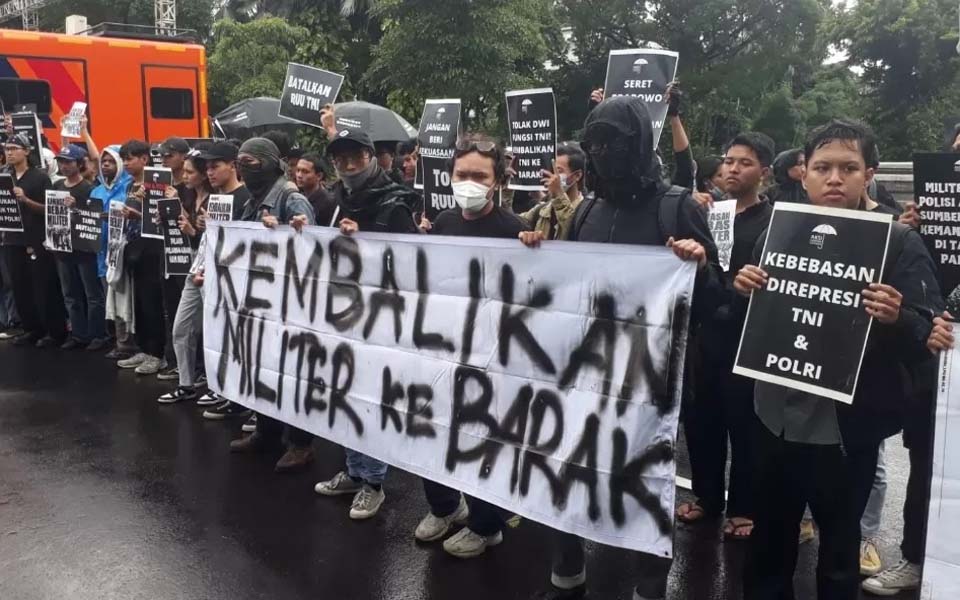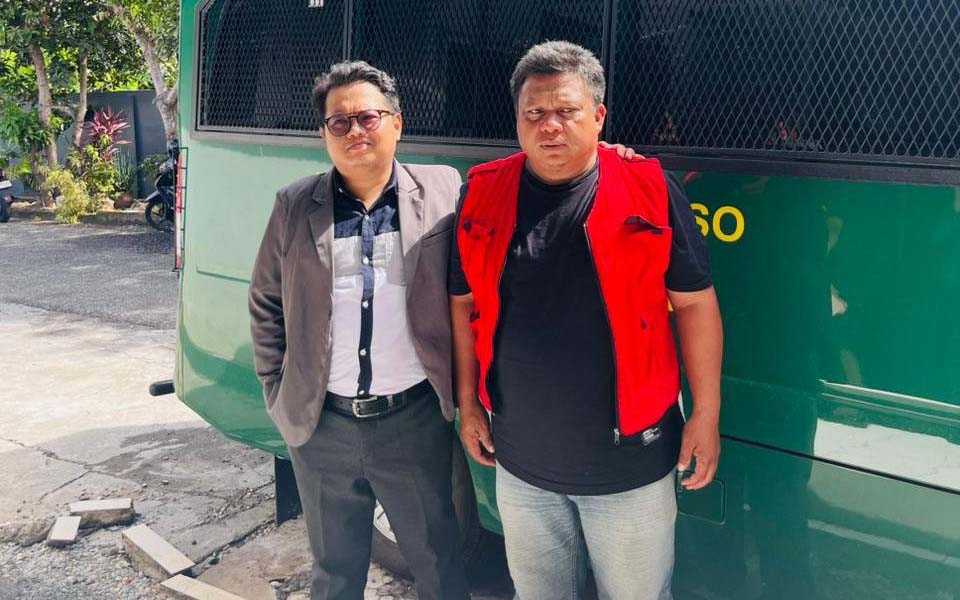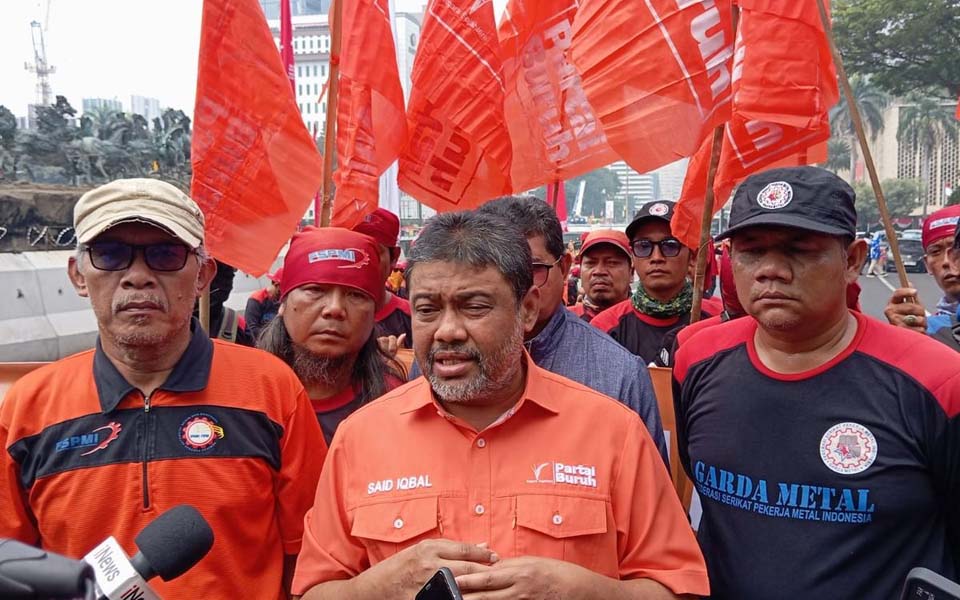Jakarta – Indonesian Ulama Council (MUI) Deputy Chairperson Anwar Abbas has made a statement strongly criticising the fact that 1 percent of the population controls half of the land in Indonesia. The criticism was even acknowledged by President Joko "Jokowi" Widodo.
Abbas made the statement in front of Widodo during the 2nd Islamic Community Economic Congress which was broadcast live on the MUITV official YouTube channel on Friday December 10.
He added that although economic disparity had declined during Widodo's presidency, land ownership disparity must still be given attention.
"In terms of land affairs, our gini index is very worrying, 0.59. Meaning, 1 percent of the population controls 59 percent of the land that exists in this country. Meanwhile a total of 99 percent only controls 41 percent of the land that exists in this country", said Abbas.
Widodo agreed with Abbas' statement and did not deny that half of the land in Indonesia is controlled by just 1 percent of the population.
Nevertheless, Widodo stated that it was not him who gave the land away to the 1 percent of population. He said that the government is in fact in the process of reducing this disparity by distributing 12 million hectares of land to the people.
"Related to land, the earth, the control of land, the control of the soil. What Buya [Abbas] said is true, but it wasn't me who gave it away", said Widodo in a speech.
Widodo said that the government has also established a land bank and will take over allocated land which is not be used for the benefit of society.
This land will be redistributed to people who need it. Widodo also invited the public to submit proposals to the government related to land needs.
"If there are any of you gentlemen and ladies who own [land] please come to me accompanied by Buya Anwar Abbas", he said.
"[I've] thought about this gap. Don't think that I haven't thought about it. I've thought about it because I was once poor. If have really felt this", said Widodo.
In 2019 the National Team for the Acceleration of Poverty Reduction (TNP2K) highlighted the disparity between the rich and the poor in Indonesia, noting that Indonesia had the forth worst disparity in the world.
"It's very real in Indonesia, [the difference] between poor and rich. The difference is very big. We're number four after Russia, India and Thailand", said TNP2K Executive Secretary Bambang Widianto as quoted by Detik.com at the Vice Presidential Palace in Central Jakarta on Wednesday October 9, 2019.
Widianto said that 1 percent of Indonesia's citizens control 50 percent of the country's assets. He said that if a rough calculation is made, 90 percent of Indonesia's citizens are competing for the remaining 30 percent of national assets.
"One percent of people in Indonesia control 50 percent of national assets. If we raise this to 10 percent of families then they control 70 percent. Meaning that the remaining 90 percent of the population is competing for control of the remaining 30 percent. This needs to be corrected", he said.
Widianto also made a comparison between poor people in Indonesia and poor people in other countries. According to Widianto, wealth disparity in Indonesia must be resolved quickly.
"Disparity is also high in America, however the poorest people can still buy a car and rent a house. In Thailand disparity is high however they're of the same skin colour. We are a composite nation. Pak [Mr] JK [former Vice President Jusuf Kalla] liked to say that if there are 10 rich people, nine of them would not be Muslims, if there are 10 poor people, then nine of them would be Muslims. This is the impact of a composite country", explained Widianto.
Widianto said that this disparity has given rise to social jealousy and that the government must work hard to raise the income of low income groups. According to Widianto, fulfilling people's basic needs such as education, healthcare and social security is a necessity which must be provided by the government.
"The social impact [of disparity] is that it gives rise to jealousy, so we must raise the economic capacity of those at the bottom", he said. (dhf/pmg)
[Translated by James Balowski. The original title of the article was "Jokowi Akui 1 Persen Penduduk Kuasai Setengah Lahan Indonesia".]















